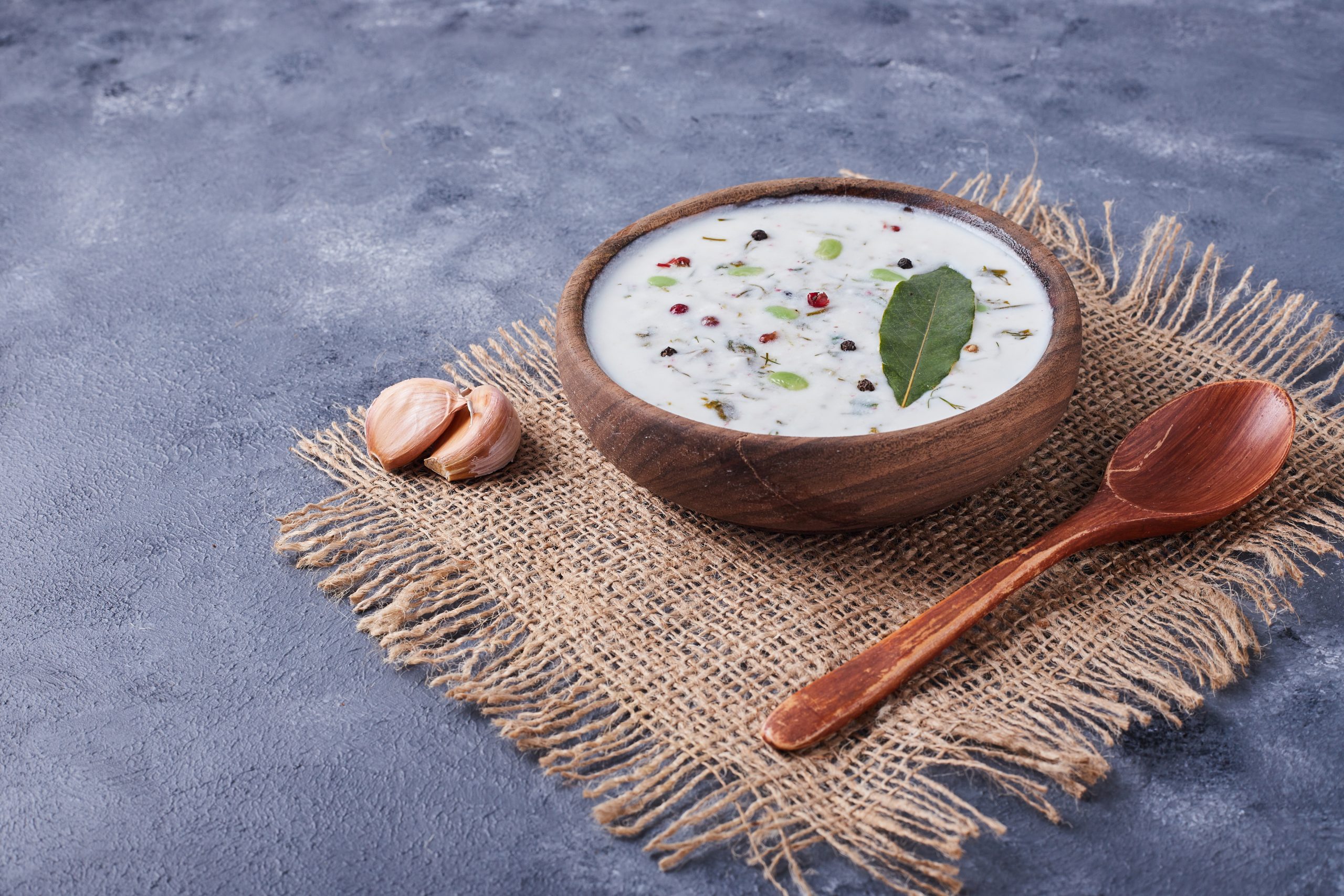As the monsoon rains descend upon the land, bringing rejuvenation and replenishment, a centuries-old tradition takes center stage in the Indian state of Kerala. The tradition of consuming ‘Karkkidaka Kanji,’ a nutritious gruel, during the Karkidakam month of the Malayalam calendar has long been celebrated for its health benefits and cultural significance. In this blog, we’ll delve into the various uses and advantages of Karkkidaka Kanji, shedding light on its role in promoting well-being for both the body and the soul.
- Nutritional Fortification:
Karkkidaka Kanji is crafted using an array of grains, cereals, lentils, and medicinal herbs, which collectively create a wholesome and nutrient-rich concoction. These ingredients are carefully selected to provide a balance of carbohydrates, proteins, and essential vitamins and minerals. The kanji serves as a perfect comfort food, offering sustenance during the monsoon season when the body’s immunity might be susceptible to fluctuations.
- Boosting Immunity:
The ingredients used in Karkkidaka Kanji are often chosen for their immune-boosting properties. Traditional medicinal herbs like ‘Triphala’ and ‘Chitharathai’ are known to enhance the body’s defense mechanisms. These herbs are believed to cleanse the digestive system, detoxify the body, and improve overall well-being.
- Digestive Health:
Monsoon rains can sometimes disrupt digestion, leading to discomfort. Karkkidaka Kanji, with its easily digestible components, provides relief to the digestive system. The use of rice, lentils, and mild spices ensures that the stomach doesn’t experience any unnecessary strain, allowing it to recover and function optimally.
- Cultural Significance:
Karkkidaka Kanji is more than just a meal; it holds cultural and traditional significance in Kerala. The practice of preparing and consuming this gruel fosters a sense of community and shared experience. Families come together to prepare the kanji, often using the opportunity to bond and reminisce. This cultural element not only strengthens family ties but also maintains a connection to the region’s rich heritage.
- Holistic Healing:
Beyond its physical benefits, Karkkidaka Kanji also carries a sense of spiritual and emotional nourishment. Many consider the consumption of this kanji during the Karkidakam month as a form of self-care and holistic healing. It’s an opportunity to pause, reflect, and recalibrate one’s body and mind amidst the hustle and bustle of modern life.
- Mindfulness and Gratitude:
Preparing and partaking in Karkkidaka Kanji encourages mindfulness and gratitude. The process of collecting, cleaning, and cooking the ingredients can serve as a meditative practice, promoting a deeper connection to the food we consume and the effort it takes to provide nourishment. This, in turn, fosters a greater sense of appreciation for the sustenance we receive.
- Bridge to Ayurveda:
Karkkidaka Kanji is deeply rooted in Ayurvedic principles. Ayurveda, the ancient Indian system of holistic healing, emphasizes the importance of balancing the body and mind to achieve overall wellness. Karkkidaka Kanji, with its ingredients and preparation methods, aligns with Ayurvedic teachings, making it a bridge to this traditional system of health.
In conclusion, the uses of Karkkidaka Kanji extend far beyond mere sustenance. This nourishing gruel, rooted in tradition and enriched with health benefits, serves as a reminder of the intricate connection between our physical well-being, cultural practices, and spirituality. As the monsoon season envelops Kerala, Karkkidaka Kanji stands as a testament to the timeless wisdom that has been passed down through generations, offering a path to wellness for both the body and the soul.
